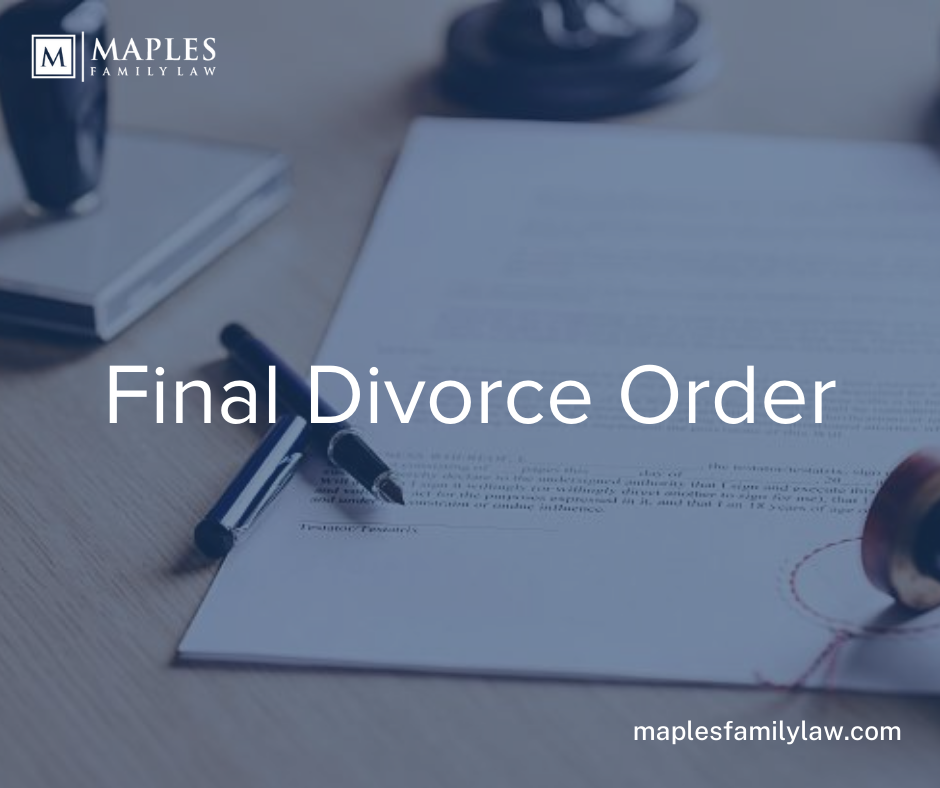
What is a Contested Divorce?
If you’re like many people considering divorce in Stockton, you probably have more than a few questions about the process – and you’ve probably already heard terms like contested divorce, child custody and spousal support.
But what is a contested divorce, and are you on-track to have one?
What is a Contested Divorce?
There are two types of divorces: contested and uncontested. The two are exact opposites of each other, but there is often some overlap between the two.
A contested divorce is one where the two parties don’t agree on important issues, such as how to divide debts in the divorce, child custody and other things. In an uncontested divorce, the parties agree on most of the major issues and can move forward – all they need is for the judge to sign the decree.
How Many Divorces Are Contested?
Many couples start with a contested divorce but end up reaching mutual agreements by the time they ask the judge to end the marriage. Seeing eye-to-eye is incredibly tough during a divorce, and in the beginning, a lot of people aren’t willing to compromise.
However, in most cases, one or both of the spouses’ lawyers urges them to reach agreements on their own. That’s because when two people reach a mutual agreement, it’s a lot easier for both to be satisfied with the eventual outcome – and because divorces that require a judge’s intervention are messy, time-consuming and expensive. There’s often “collateral damage” in a long, drawn-out divorce, too, and it can have a negative impact on children.
Most lawyers want you and your spouse to reach agreements together. In fact, your attorney might suggest that one or both of you sees a divorce therapist or that you hire a mediator. Even couples that don’t end up hiring a mediator typically reach agreements with their spouses – it just takes a little longer.
Those who don’t end up reaching agreements (either on their own or through a mediator and lawyers) have to wait on a judge’s ruling. The problem with that is that many people leave the courtroom feeling as if the judge came up with an unfair ruling – even if it’s close to what they wanted in the first place. Another issue: it takes time to find an open slot on the court’s calendar, and one court hearing can lead to another… and another.
While there are many cases that absolutely require litigation, not all of them do. Your attorney will most likely recommend that you work things out on your own or with a mediator’s help before she suggests taking everything straight to the judge in your case.
What Happens in a Contested Divorce?
In a contested divorce, there’s a specific timeline of what needs to happen:
- Talking to your attorney. You’ll have to explain the situation, what you want and what you expect to get out of the dissolution of your marriage. (You’ll have to do this whether or not you and your spouse agree on major issues.)
- Serving the divorce petition. Your spouse will receive the petition for divorce and has a chance to respond.
- This is the part of the process where spouses can get the information they need from each other about assets, income, child custody and other issues that are relevant to the case.
- You and your spouse must negotiate your way through the divorce – and if you can’t, the judge might order mediation or tell you to come back to provide more information and allow the judge to rule. (You’ll go back to the discovery phase until you have agreed or the judge has made all the necessary decisions.)
- Once all the details are hammered out – either between the two spouses or because the judge has issued rulings – the judge will finalize your divorce case.
Do You Need to Talk to a Lawyer About Getting a Divorce in Stockton?
If you’re divorcing your spouse, you may need to talk to a Stockton divorce lawyer.
Call us at 209-910-9865 or get in touch with a Stockton divorce attorney online to schedule a consultation today. We’ll discuss your case, find out about your circumstances and start formulating a plan that gets you (and your children) the best possible outcome.






